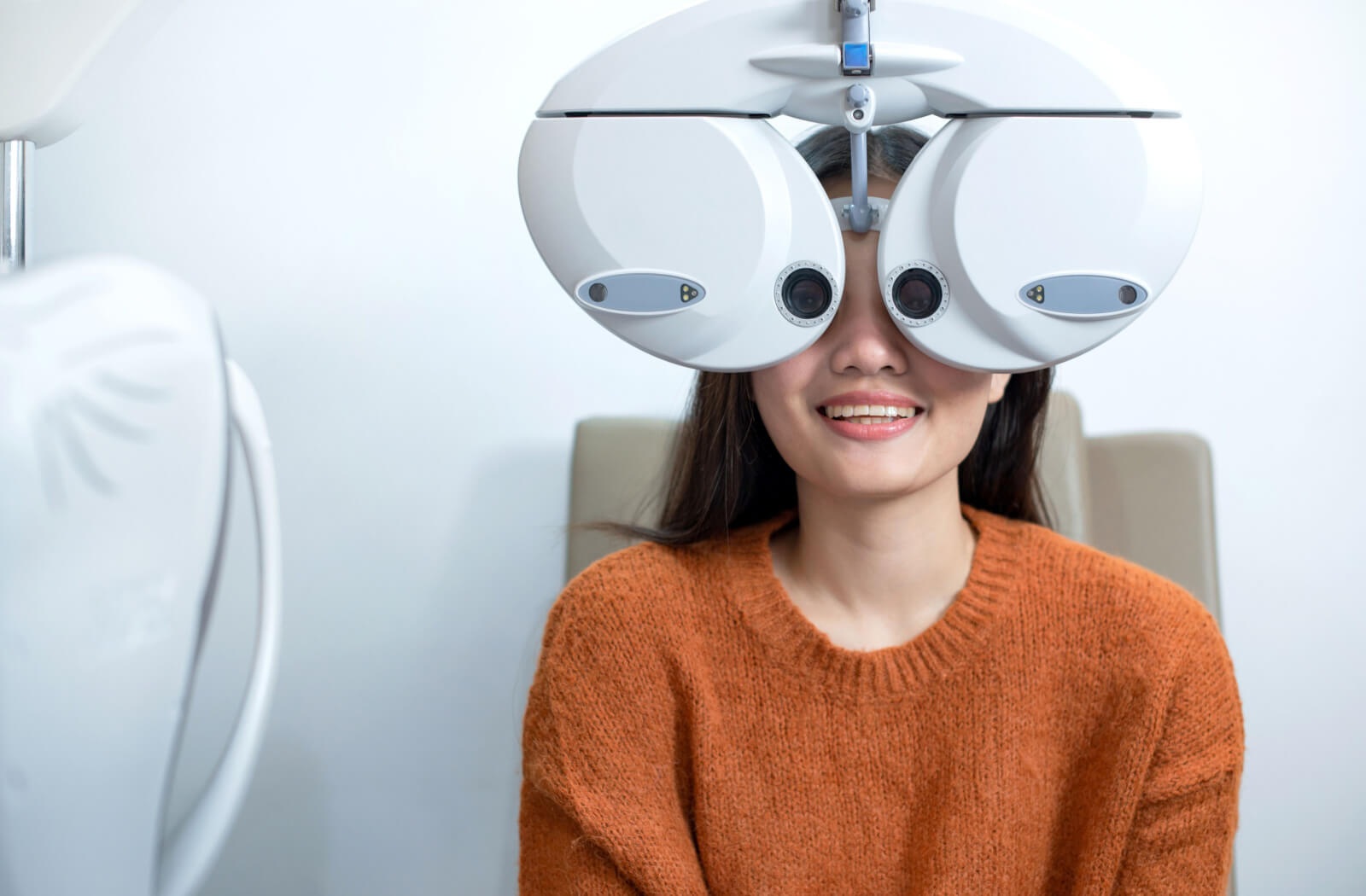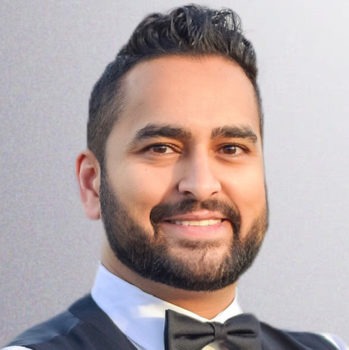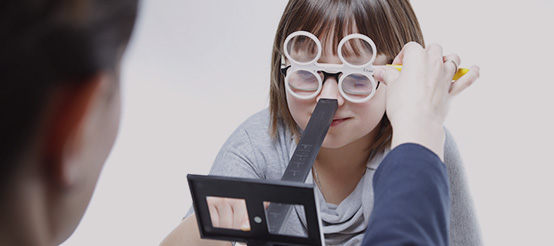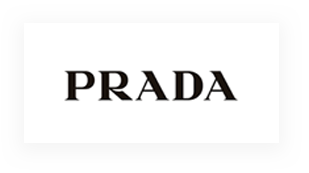Our eyes are essential to our daily lives, yet some people seem to overlook their importance until they notice symptoms of eye diseases. A regular comprehensive eye exam can help you keep track of your vision health and know what’s going on inside your eyes that you may not be aware of.
Much like a trip to the dentist or a physical, an eye exam takes time—but it could be less than you think. An eye exam typically takes between 30 minutes to an hour, but the exact time may vary based on your eye health and the tests needed—and the peace of mind that can come from knowing your vision is being cared for can last far beyond the office walls.
A comprehensive eye exam involves a range of tests we provide based on your needs, all of which help us assess your vision and eye health.
Review of Medical History
A review of your vision and medical history is generally a good place for your exam to start. This review helps your optometrist plan out which tests you’ll need through the rest of the exam, which can impact how long your exam will take.
If this is your first time at a new optometrist, you may have to answer a few questions to get the ball rolling—but this review can fly by more quickly during future visits.
Visual Acuity
Visual acuity tests measure how clearly your eyes can see and are typically tested with each eye individually. A simple test for this uses a Snellen chart, but it could also involve letters or symbols on a screen. The concept remains the same in either case: reading letters or symbols from a set distance helps us measure your vision.
Overall Eye Health
Some eye diseases are harder to notice than others. They could develop within your eye long before they ever have symptoms that affect your sight. We can use digital retina cameras that take a photo of the back of your eye or advanced technology like the Cirrus HD-OCT to get a cross-section of your retina and optic nerve.
These tools allow us to detect early signs of diseases such as:
- Diabetes
- Macular degeneration
- Cataracts
- Glaucoma
Testing for Glaucoma
Glaucoma is a group of eye diseases that lead to degeneration in the optic nerve and is one of the leading causes of blindness in Canada. People over 60 are at an increased risk of developing this disease, but it can also happen after injuries or due to medical conditions such as heart disease.
We can monitor the pressure inside your eye using a puff of air or a gentle probe. This is called a tonometry test, and it’s one of the ways an optometrist can detect early signs of glaucoma.
Your optometrist may also examine your peripheral vision using something like a Humphrey Visual Field Analyzer, as loss of peripheral vision is a common early sign of open-angle glaucoma. This test can also identify macular degeneration.
Refraction Test
A refraction test allows us to check your eyes for refractive errors like myopia and determine your prescription. Using an auto-refractor, we shine light off your cornea, the clear dome at the front of your eye. By measuring the way the light refracts, we can determine your needs for corrective lenses.
Typically, we’ll follow up the auto-refractor by using a mask-like instrument called a phoropter. This is another recognizable part of an eye exam. While looking through the phoropter, you’ll read letters off a chart as we switch out lenses, determining which combination gives you the proper prescription for your glasses.
Children’s Vision Tests
Children use their vision to learn and play, and their eyes grow as they do. Therefore, an issue with a child’s vision could impact their learning in more ways than you might expect. Tests for children’s vision often examine basic visual functions and are essential for tracking a child’s vision development as they grow.
These tests may focus on the following:
- Myopia (nearsightedness)
- Hyperopia (farsightedness
- Colour vision
- Hand-eye coordination
- Eye teaming
- Focusing power
- Peripheral vision
Eye Exam Frequency
One of the most common questions people have is how often they should get an eye exam. The Canadian Association of Optometry recommends different eye exam schedules based on age:
- Infants: First exam between 6-9 months
- 2-5 years: At least 1 exam before starting school
- 6-18 years: 1 exam annually
- 19-64 years: 1 exam at least every 2 years
- 65+ years: 1 exam annually
We suggest coming in for an exam every 12-24 months. Certain medical conditions or lifestyle choices, such as diabetes or smoking, could increase your risk for eye issues. You may need a different eye exam schedule if this is the case for your eyes.
Service for a Busy Life
Having an eye professional inspect your vision is essential for maintaining good overall health. At Urban Optique, we understand your time is valuable, which is why we strive to meet your needs with efficient, attentive care—but we’ll never rush you out. Feel free to ask questions and voice any concerns you may have during your exam.
Don’t put off your vision health. Book your next eye exam with us today!
















